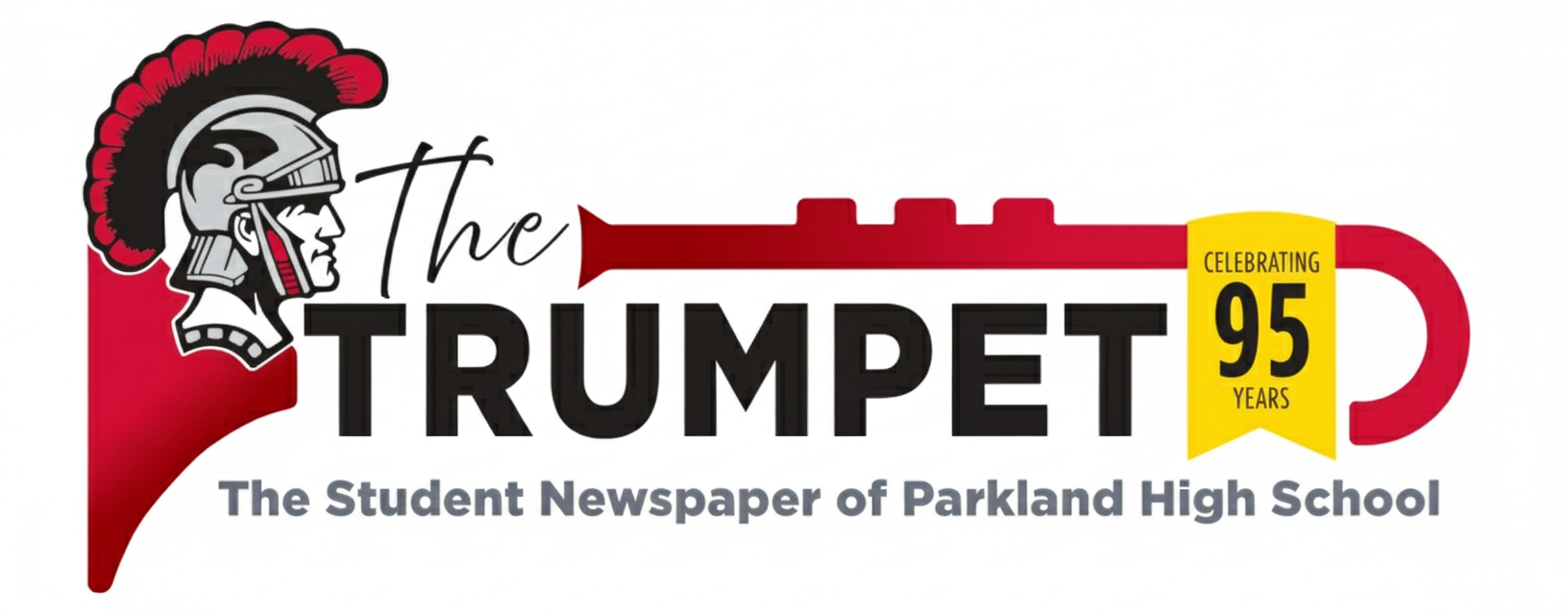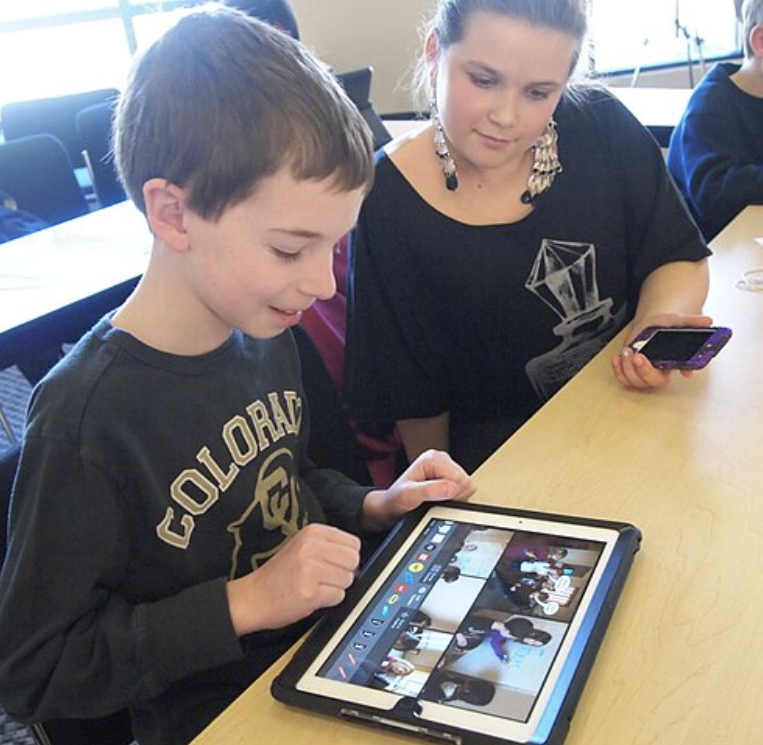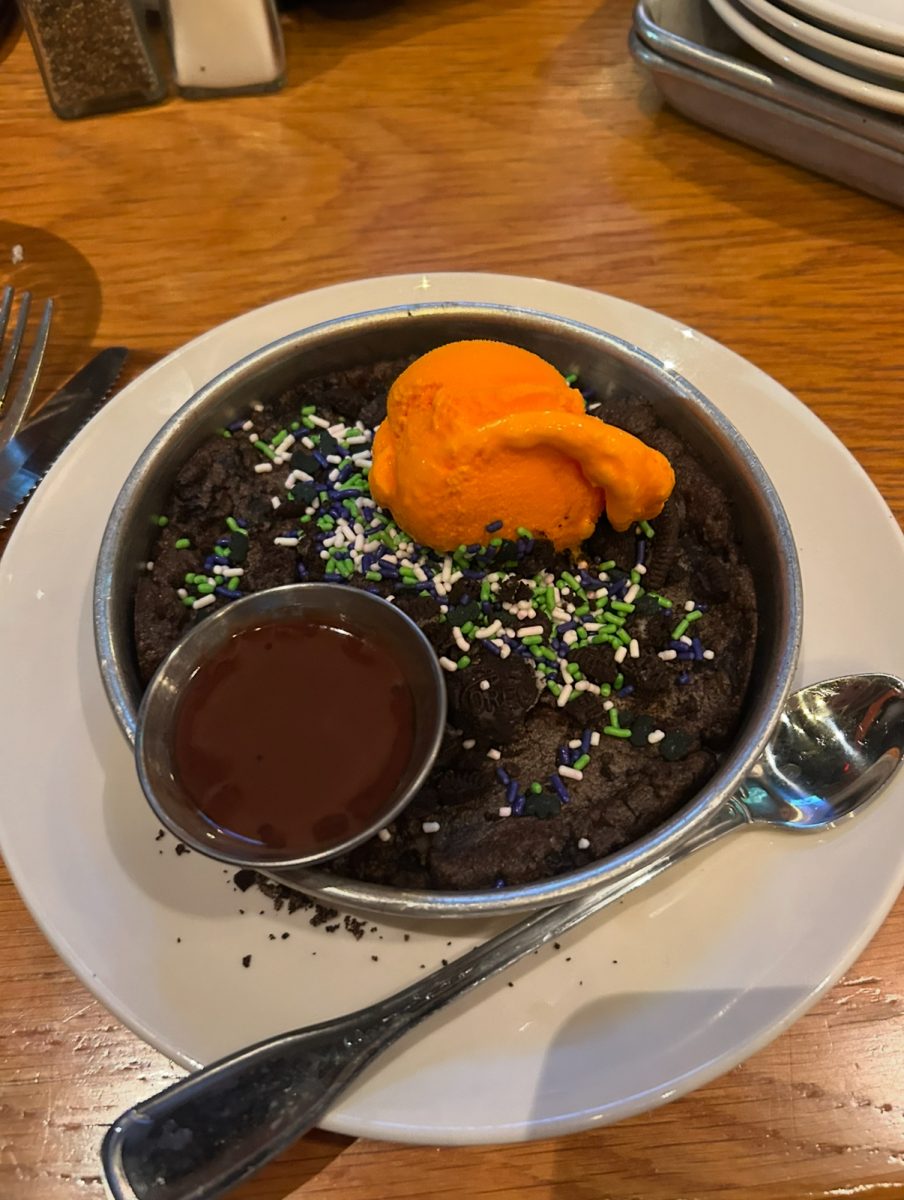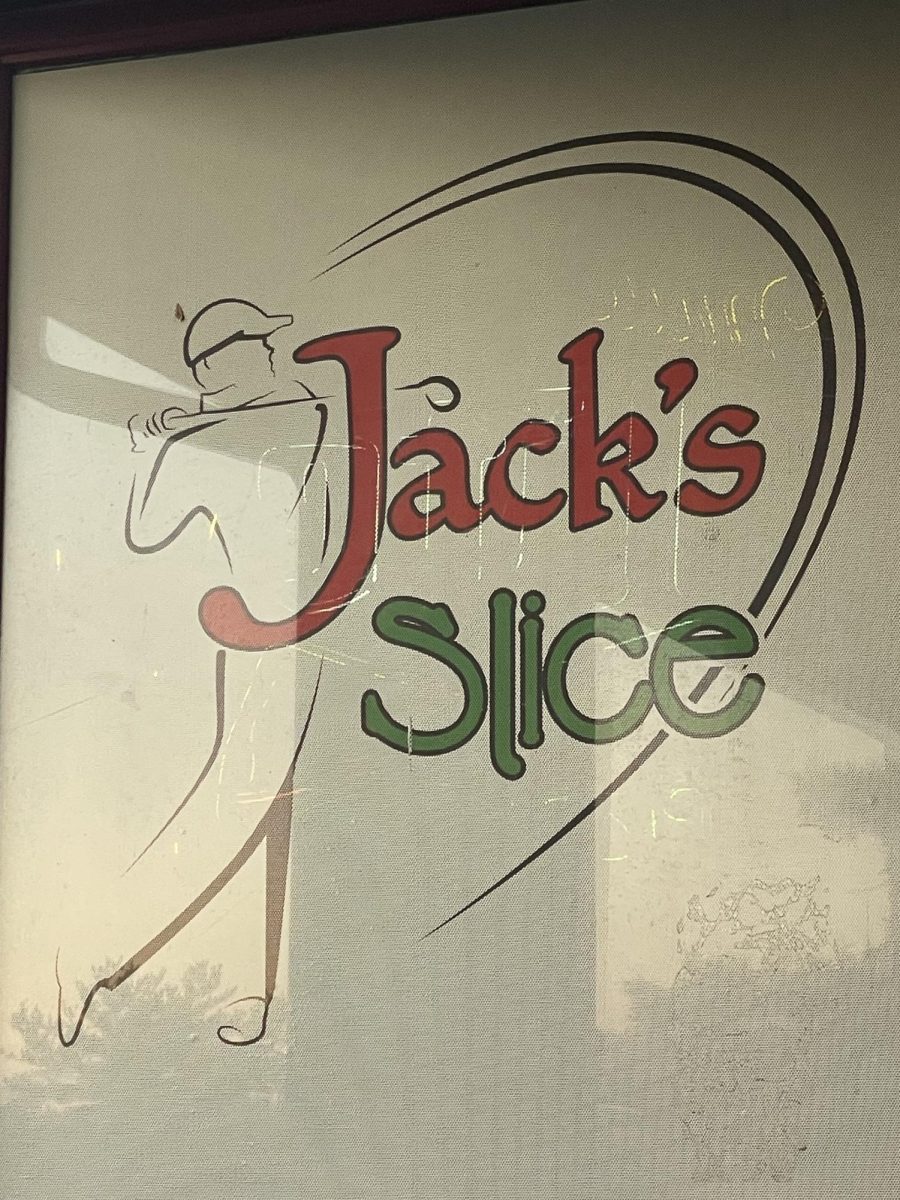The evolution of language is anything but stagnant. New slang words or phrases are created all of the time. The adults of the 70s and 80s probably lost their minds when they heard their teenagers refer to something cool as “rad”. In the 90s, when an outfit was stylish or trendy, it was “fly”. In the hallways of a high school in the 2000s-2010s, there would have been people referring to their friends as their “peeps”. Now, younger generations have already begun creating their new slang words. However, they aren’t as easily explained or validated as the words of previous generations. “Brain rot” words and phrases have consumed society with their outlandish nature.
It all began with a generation commonly referred to as “iPad kids”, more formally recognized as Generation Alpha (born anytime between (2010-2024). Though, this form of slang is also often used by teenagers from Generation Z. The words and phrases were given this name due to a method of parenting where technology was frequently used to distract or entertain children. Many might wonder, What kept these kids glued to their screens for so long. The simple answer to that question is videos with no educational or productive reasoning.
Today’s children constantly allow their thoughts to slip away as they ultimately zone out as videos continue in front of them. This gave those types of videos the title “brain rot” because while watching them, children seem to become near zombies, and any thought process they had melts away. Considering this generation spent some of their key years of mental and social development in quarantine during the pandemic, senior Aima Afzal says, “We’ve already been cooked as a society, so these words don’t really change much.” Ironically enough, she used a popular “brain rot” term, cooked. When something or someone is referred to as “cooked”, it means that that person or thing is a lost cause or ruined.
What are some other brain rot terms? Truly, the list is endless, and it continues to grow every day. However, some of the most popular ones are; “Skibidi” (used to refer to something cool or the opposite referring to something as bad.); “Gyatt” (originally used to describe rather large glutes, now also used when something comes in large amounts or sizes); “Rizz” (coming from the word charisma, meaning flirtatiousness and charm); or even a seemingly regular word like “Ohio” (used when something is weird or embarrassing).
With words such as these making their way into the everyday vocabulary of children and teens, society is given two options. The first option is to attempt to alter the speech and language of developing minds to try and erase these words from everyday vocabulary. The second option is to accept that speech and slang are ever-changing and allow society to be flooded with the sounds of “skibidi rizz”. The only question left to ask is, what will the next generation’s slang be like?










